Geothermal heat pump on 8500 sf lot in Massachusetts?
newenglandsara2
10 years ago
Related Stories
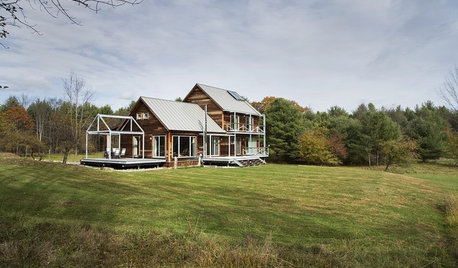
GREEN BUILDINGHouzz Tour: Passive House in Vermont Slashes Heating Bills
Its ecofriendly, low-maintenance design leaves a family with more time to relax and enjoy the weekend home
Full Story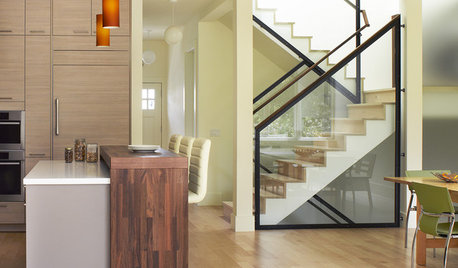
FLOORSIs Radiant Heating or Cooling Right for You?
Questions to ask before you go for one of these temperature systems in your floors or walls (yes, walls)
Full Story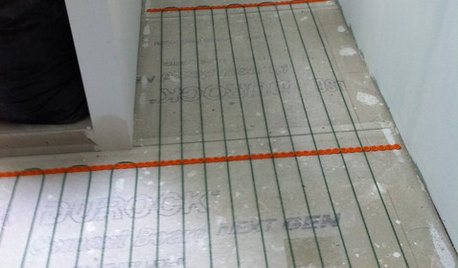
BATHROOM DESIGNWarm Up Your Bathroom With Heated Floors
If your bathroom floor is leaving you cold, try warming up to an electric heating system
Full Story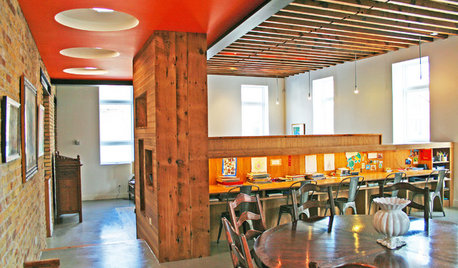
HOUZZ TOURSHouzz Tour: Schoolhouse-Turned-Home in Chicago
A family of seven settles into a dream modern-industrial home that reflects both their green philosophy and their fun, casual lifestyle
Full Story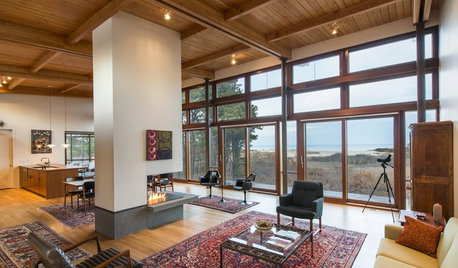
MODERN HOMESHouzz Tour: Cape Cod’s Midcentury Modern Tradition Comes to Life
A new home nestled in the Cape Cod National Seashore area balances architectural history and modern technology
Full Story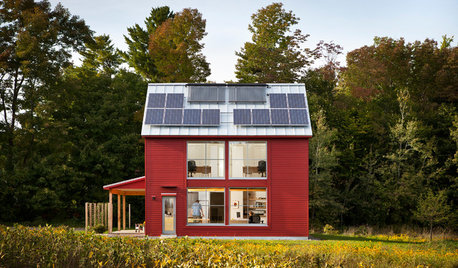
GREEN BUILDINGHouzz Tour: See a Maine House With a $240 Annual Energy Bill
Airtight and powered by the sun, this energy-efficient home in a cold-winter climate is an architectural feat
Full Story
GREEN BUILDINGThe Big Freeze: Inventors Break New Ground to Keep Things Cool
Old-fashioned fridges can be energy guzzlers, but there are more eco-friendly ways of keeping food fresh, as these global innovations show
Full Story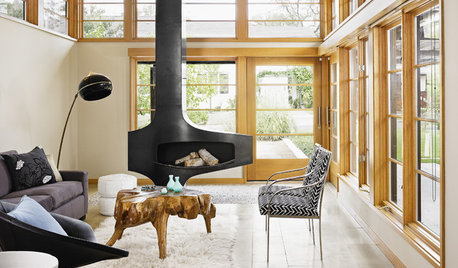
FIREPLACES8 Fantastic Freestanding Fireplaces to Warm Any Room
Free up your room's design and lighten the load on your budget with a freestanding fireplace in a style to suit your taste
Full Story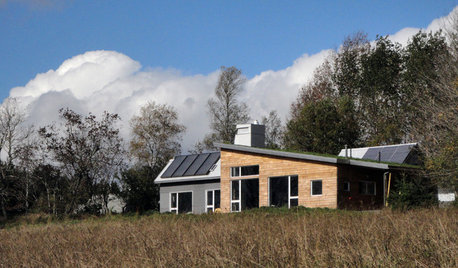
GREEN BUILDINGHouzz Tour: Going Completely Off the Grid in Nova Scotia
Powered by sunshine and built with salvaged materials, this Canadian home is an experiment for green building practices
Full Story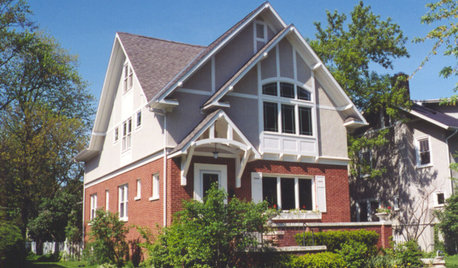
REMODELING GUIDESMovin’ On Up: What to Consider With a Second-Story Addition
Learn how an extra story will change your house and its systems to avoid headaches and extra costs down the road
Full Story





jackfre
SaltiDawg
Related Professionals
Chatsworth Solar Energy Systems · Green Valley Solar Energy Systems · Greenwich Solar Energy Systems · Lake Mary Solar Energy Systems · Lomita Solar Energy Systems · West Jordan Solar Energy Systems · Mill Valley Solar Energy Systems · Azalea Park Solar Energy Systems · Coronado Home Automation & Home Media · Detroit Home Automation & Home Media · Highland Park Home Automation & Home Media · Roselle Home Automation & Home Media · San Mateo Home Automation & Home Media · Graham Fireplaces · South Lake Tahoe Fireplacescountryboymo
mike_home
2ajsmama
ionized_gw
fsq4cw
Elmer J Fudd
SaltiDawg
Elmer J Fudd
jonnyp
newenglandsara2Original Author
SaltiDawg
fsq4cw
SaltiDawg
SaltiDawg
mike_home
Elmer J Fudd
fsq4cw
mike_home
nepool
fsq4cw
fsq4cw
mike_home
jrb451
fsq4cw
mike_home